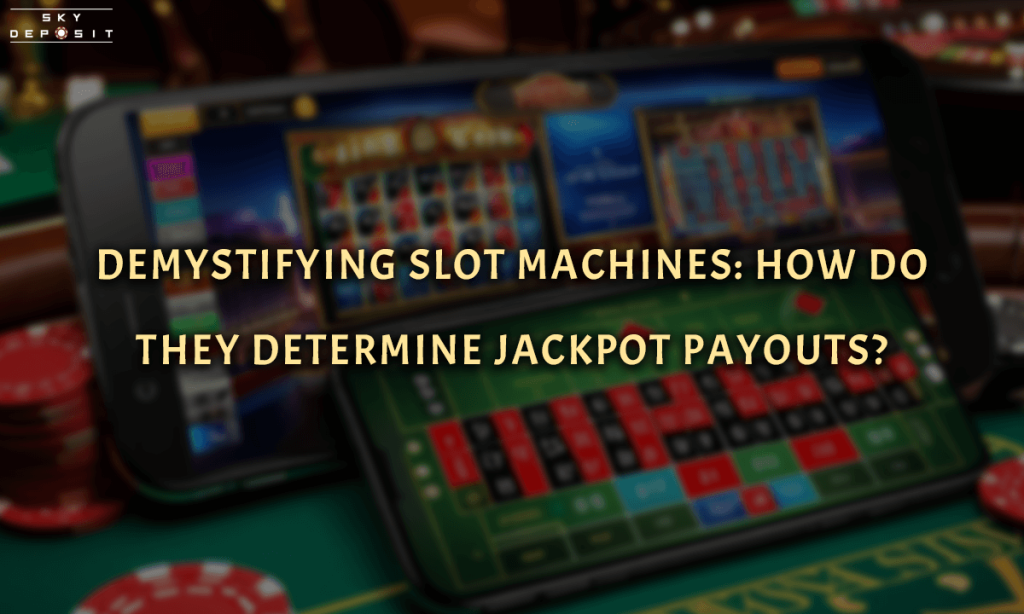
List of Best NZ Online Casinos With Huge Jackpots
🔝Top-Rank 🔏 Trusted & Licensed ⚡️ Fast Payouts 🇳🇿 High Payouts
Last updated: 1 April 2025
Slot machines have long been a staple in the world of casinos, captivating players with their spinning reels and the allure of winning life-changing jackpots. But have you ever wondered how these machines know when to pay out a jackpot? How do they determine the precise moment when luck strikes and a player becomes an instant millionaire? In this article, we’ll demystify the inner workings of slot machines and shed light on the factors that influence when a jackpot is paid out.
Random Number Generators (RNGs):
At the heart of every modern slot machine lies a sophisticated software component called the Random Number Generator (RNG). The RNG is a complex algorithm that generates a sequence of random numbers at an incredibly fast rate, even when the machine is not in use. These numbers correspond to the positions of the slot machine’s reels and determine the outcome of each spin.
Winning Combinations and Paylines:
Slot machines feature various symbols on their reels, and specific combinations of these symbols lead to different payouts. Each slot game has its own set of rules and paytable, which outlines the winning combinations and their corresponding payouts. When the RNG generates a sequence of numbers that corresponds to a winning combination, the machine knows that it’s time to pay out a prize.
The Role of Probability:
While the RNG determines the outcome of each spin, it’s important to note that slot machines operate based on probabilities. The odds of hitting a jackpot are usually very low, as these grand prizes are designed to be rare and highly coveted. However, slot machines also offer smaller, more frequent wins to keep players engaged and entertained.
Payout Percentage (RTP):
Another critical factor that influences when a slot machine pays out a jackpot is its Return to Player (RTP) percentage. The RTP represents the percentage of wagered money that a slot machine is programmed to return to players over the long term. For example, a slot machine with a 95% RTP is expected to pay out an average of $0.95 for every $1 wagered. However, it’s essential to remember that the RTP is calculated over a vast number of spins and does not guarantee individual results.
Progressive Jackpots:
In the case of progressive jackpot slot machines, the payout mechanism works differently. These machines are linked across a network, and a small portion of each wager contributes to the growing jackpot pool. When a player lands the required winning combination or triggers a specific bonus feature, they become eligible to win the progressive jackpot. The exact rules and requirements for winning vary from game to game, but generally, a predetermined combination or bonus round must be achieved to claim the grand prize.
In conclusion, slot machines determine when to pay out a jackpot through the utilization of Random Number Generators (RNGs) that generate random sequences of numbers and symbols. Winning combinations, probabilities, and the Return to Player (RTP) percentage all play a significant role in the payout process. Whether you’re playing a traditional slot machine or chasing a progressive jackpot, understanding these underlying mechanisms provides valuable insights into the fascinating world of slot machine payouts.
















[…] strive to provide a wide range of slot machines to cater to the diverse preferences of their players. Slot games come in countless themes, ranging […]